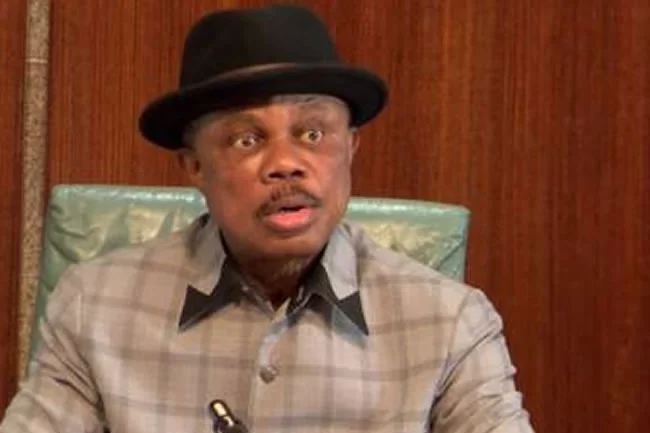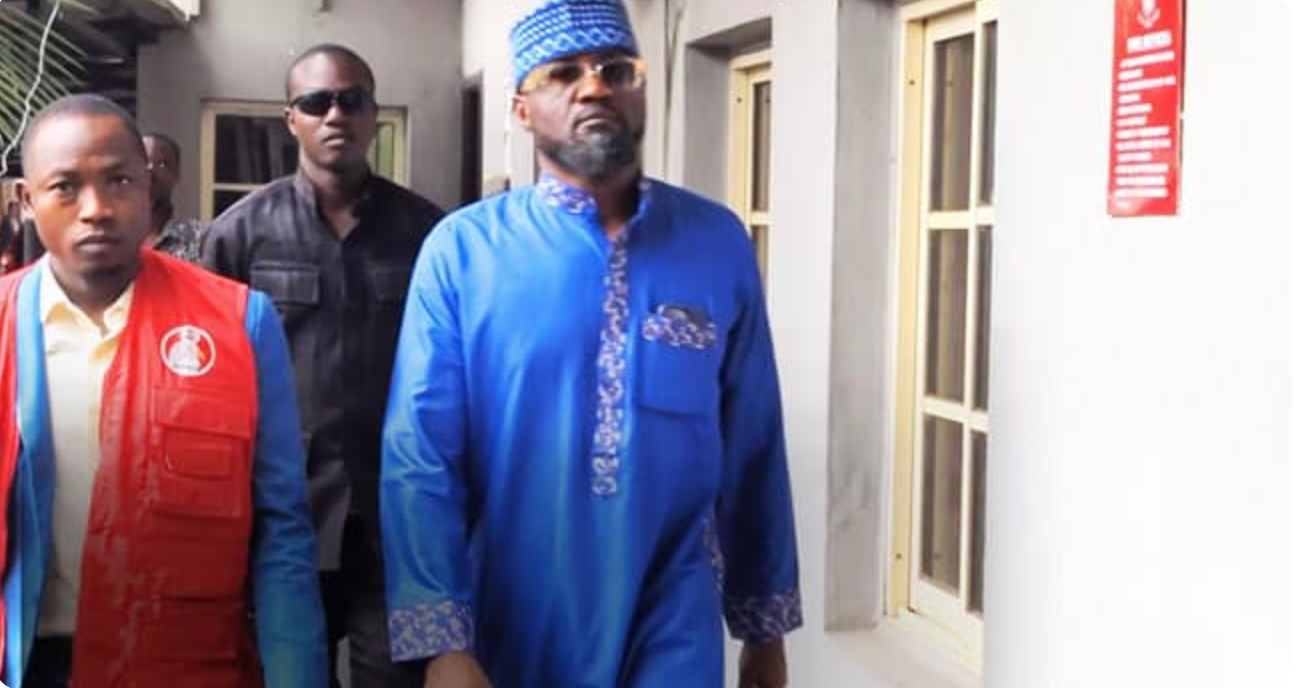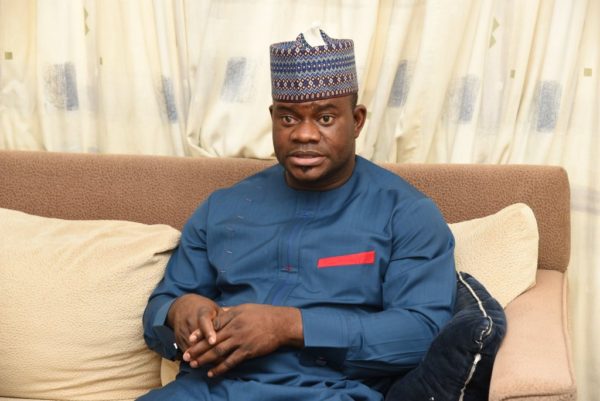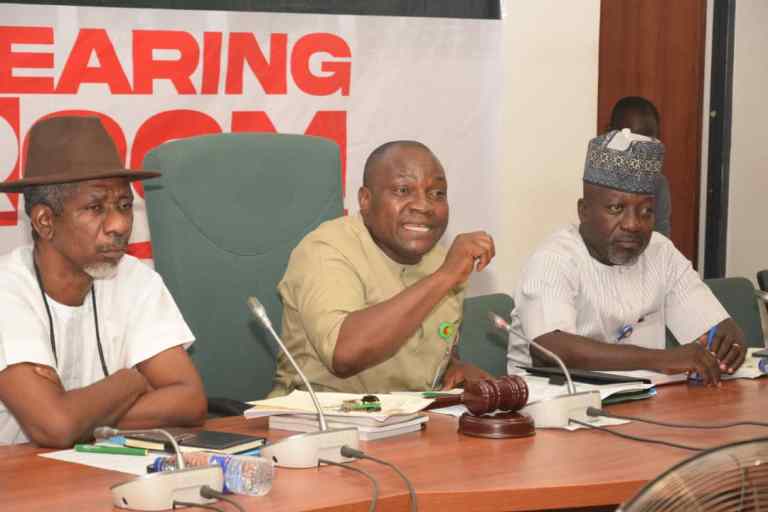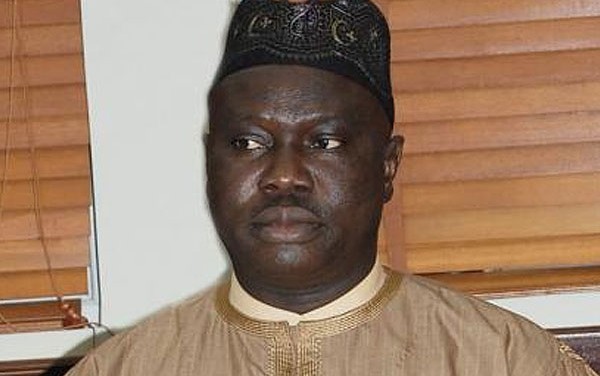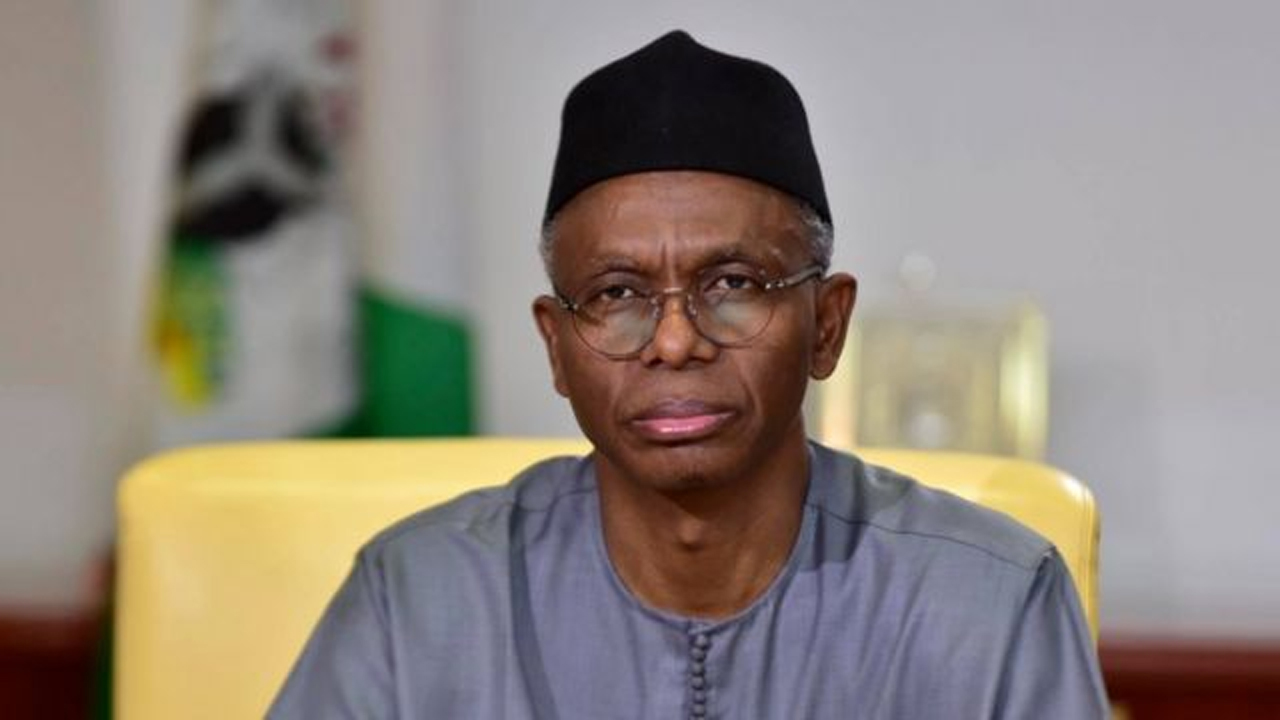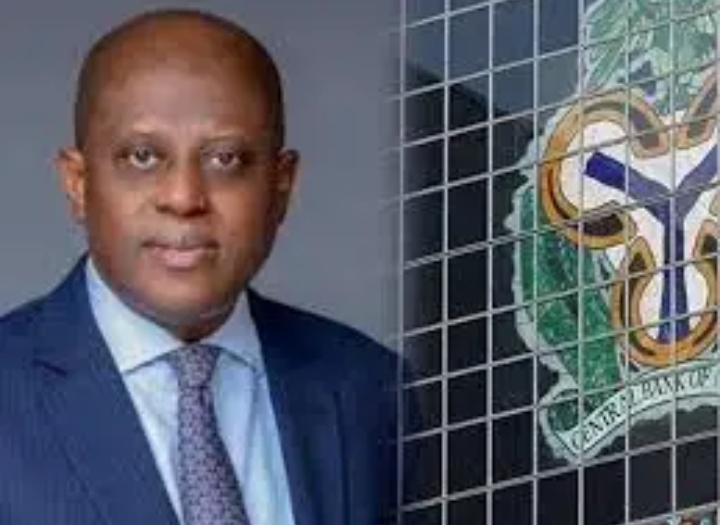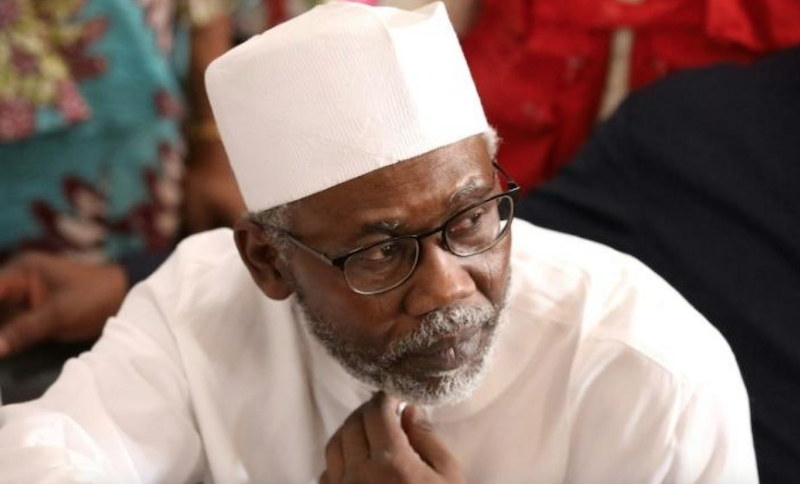The Federal High Court (FHC) in Abuja on Thursday, fixed Nov. 25 for the trial of former Anambra Governor, Willie Obiano, in the alleged N4 billion money laundering case.
The court adjourned the case after the new trial judge, Justice Mohammed Umar, rose after taking three judgments and a number of cases on the cause list.
The nine-count charge, preferred against the former governor by the Economic and Financial Crimes Commission (EFCC), was re-assigned to Justice Umar recently.
The former judge, Justice Inyang Ekwo, had fixed May 26, for continuation of trial before the case was re-assigned to Justice Umar by the Chief Judge of FHC, Justice John Tsoho in his May 18 press release.
However, on May 26, Justice Umar, who was transfered from Enugu judicial division of the court, did not sit and the case was fixed for July 24 for mention. Obiano was Anambra governor between March 2014 and March 2022.
The former governor, in the charge, was alleged to have among others, misappropriated over N4 billion from the state’s treasury.
It would be recalled that the EFCC’s lawyer, Sylvanus Tahir, SAN, led two witnesses in evidence in the trial of the ex-governor on Oct. 7, 2024, before Justice Ekwo.
A former commercial bank staff, Mr Ugochukwu Otubelu, had revealed how he managed the security vote account under Obiano’s government.
Otubelu, the 3rd prosecution witness (PW-3), said though he was with the bank between Nov. 2, 2008 and March 24, 2023, he said he is now a businessman.
He said that the signatories to the security vote account were the former Principal Secretary to the ex-governor, Willy Nwokoye, and the Accountant, Theophilus Nweze.
He said he interfaced with them mostly on daily and weekly basis in processing their transactions.
The PW-3, who admitted that funds from the security votes account went into six companies’ account, said the money did not go to the account holders.
The EFCC also called Hayatu Hadejia, a Bureau De Change (BDC) operator as PW-4. Hadejia told the court that he is a businessman, who runs BDC companies.
He said he had five companies and was invited by the EFCC as part of its investigations into the financial activities of the government of ex-governor Obiano.
Another BDC Operator, Ayuba Tanko, on Nov. 13, 2024, said between April and December 2017, a total sum of N416 million was paid into a company’s account he used, by proxy, in the ongoing trial of Obiano.
Ayuba, who was PW-5, said the N416 million which was received in tranches, was given back as 1.137 million US dollars equivalent.
“I am a trader. I trade in forex exchange. I trade in USDs, Euros and pounce sterling. I do source for customers and I do exchange and collect commission,” he said.
The PW-5 said he used two companies; Sauki Bureau De Change and Zigaziga Trading and Company Ltd for his business.
He said he was invited by the EFCC, through its Investigation Department, in 2023 and was questioned about Zigaziga Trading and Company Ltd’s account domiciled in one of the commercial banks.
When the senior lawyer asked him how much he received at the period, the witness said: “Between April 2017 to December 2017, the total money I received at that period was 416 million in naira.
“And I gave a dollar equivalent as 1, 137, 000.00 US dollars,” he said.
Ayuba said besides this transaction, he did not do any other business with the Anambra government under Gov. Obiano.
Obiano’s lawyer, Onyechi Ikpeazu, SAN, during cross examination, asked the PW-5 if he had ever had any dealing with the ex-governor directly, Ayuba said: “I did not deal directly with the defendant.”
The prosecution counsel also called three bankers, who gave their testimonies in the alleged money laundering charge.
